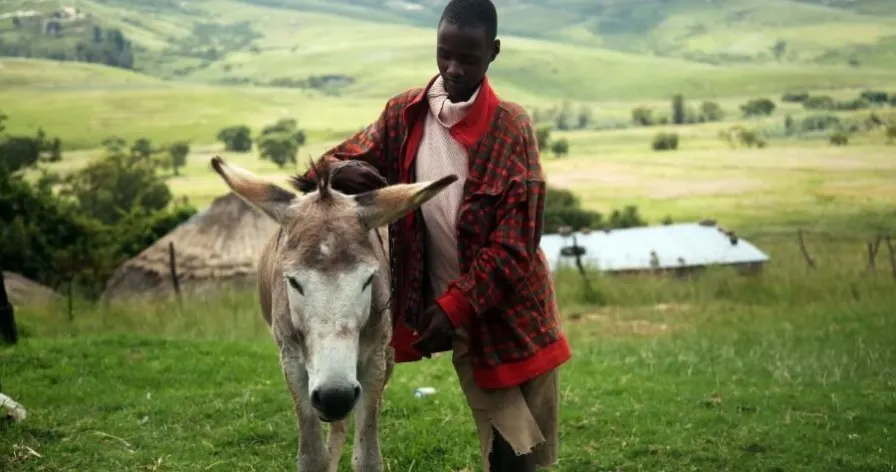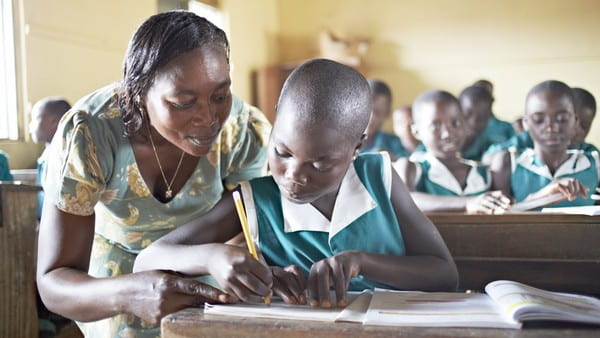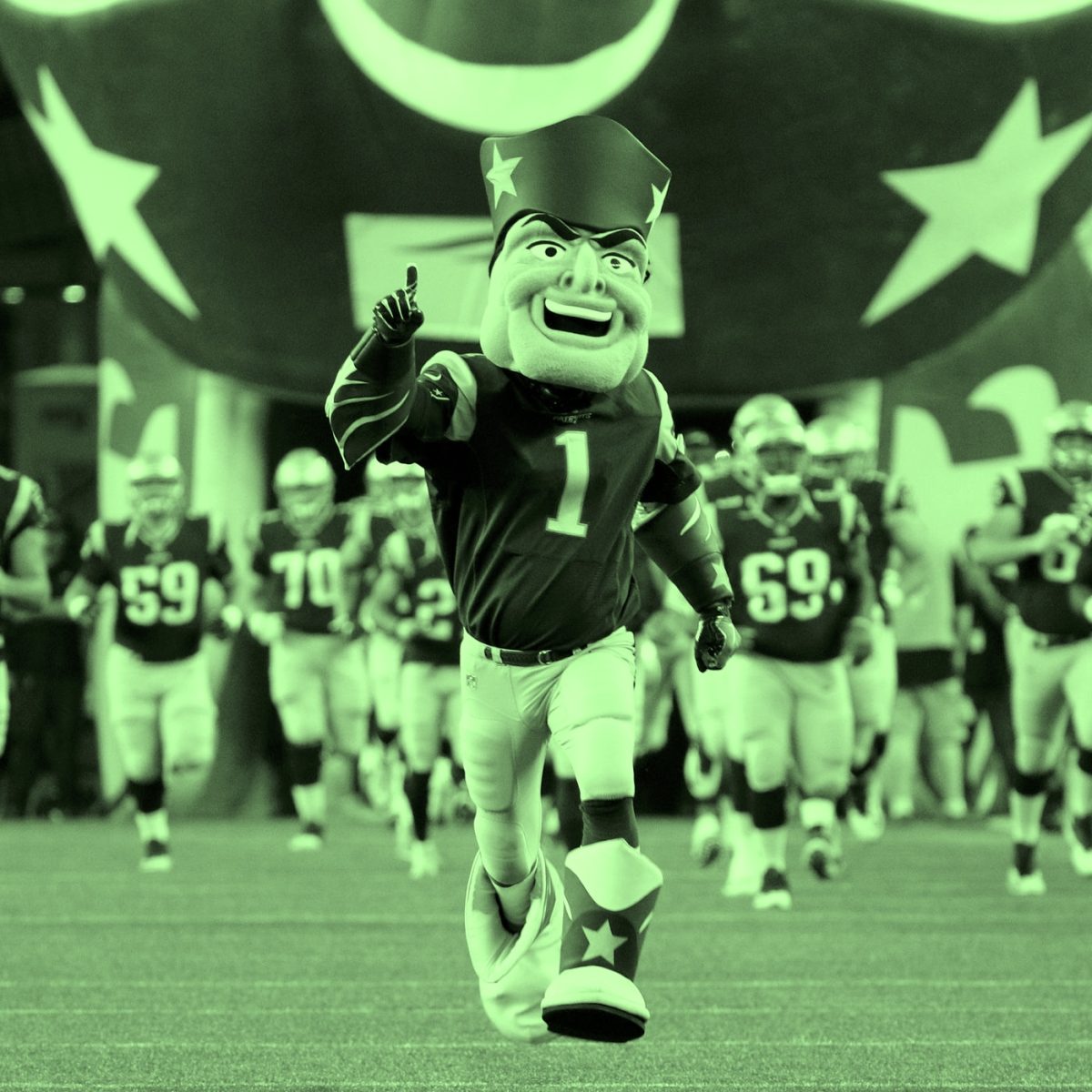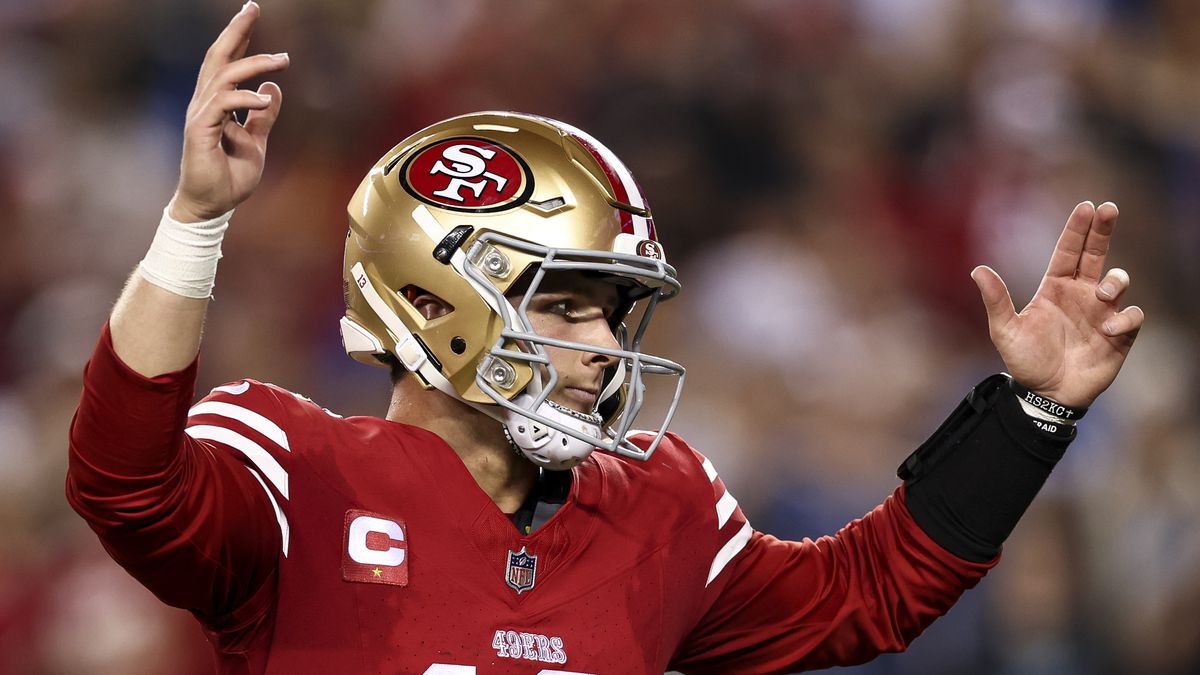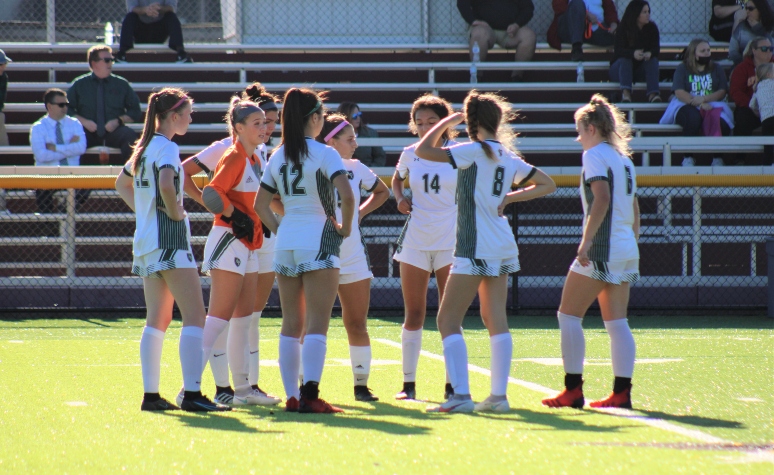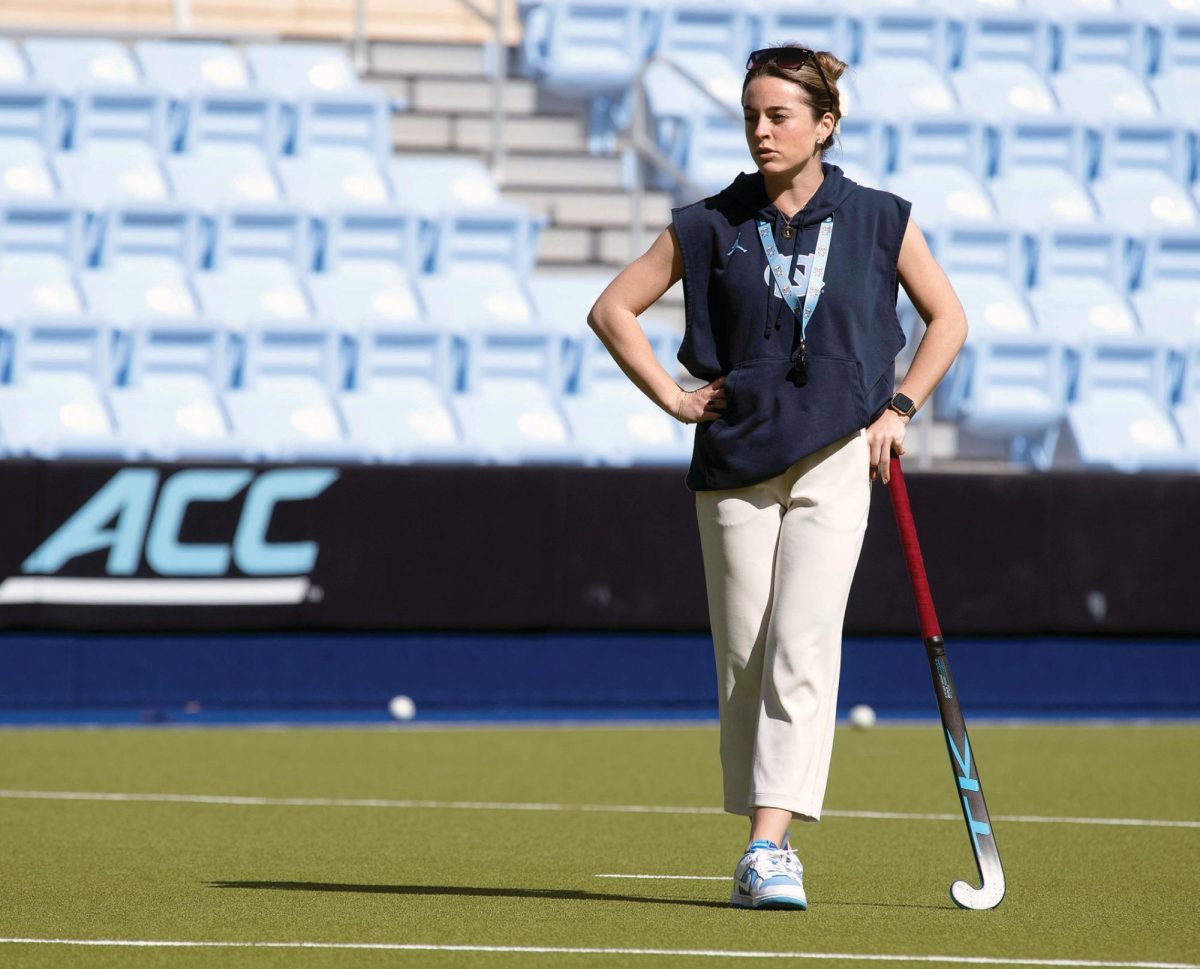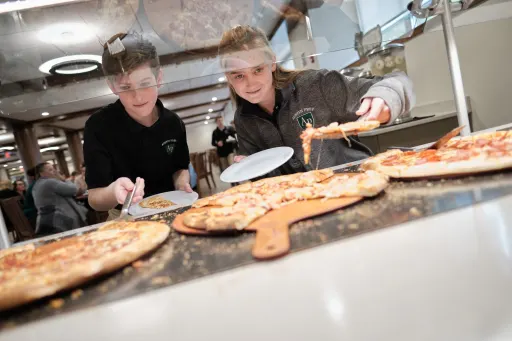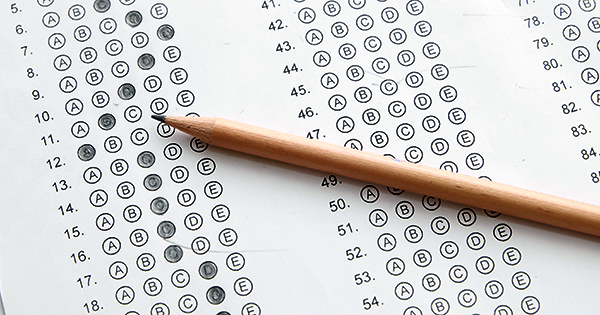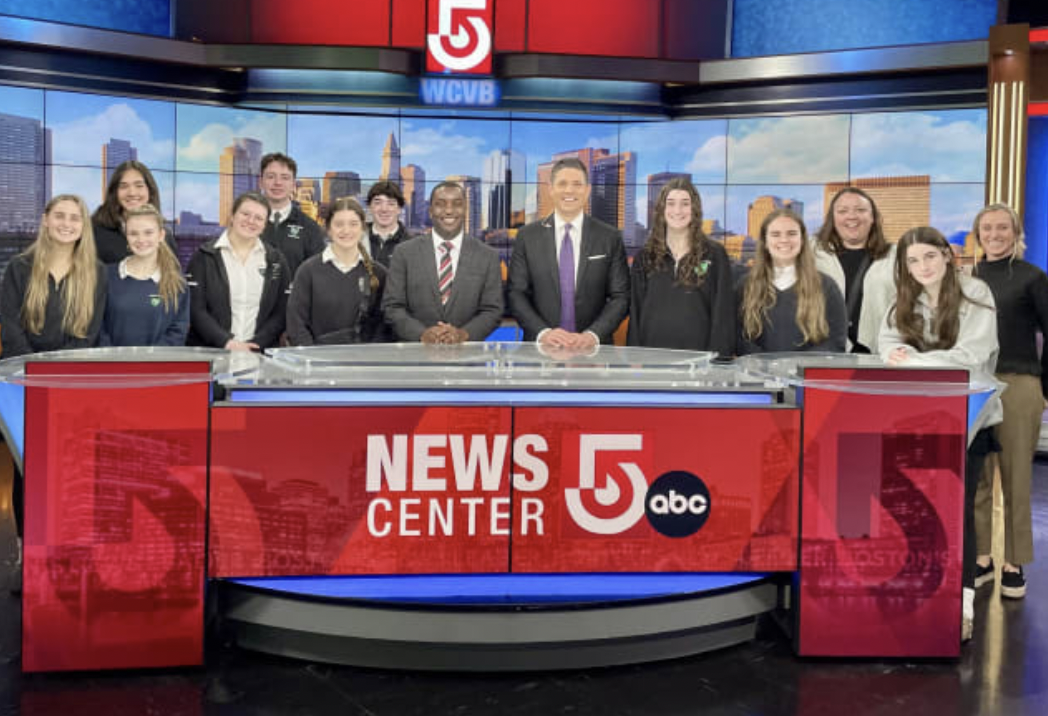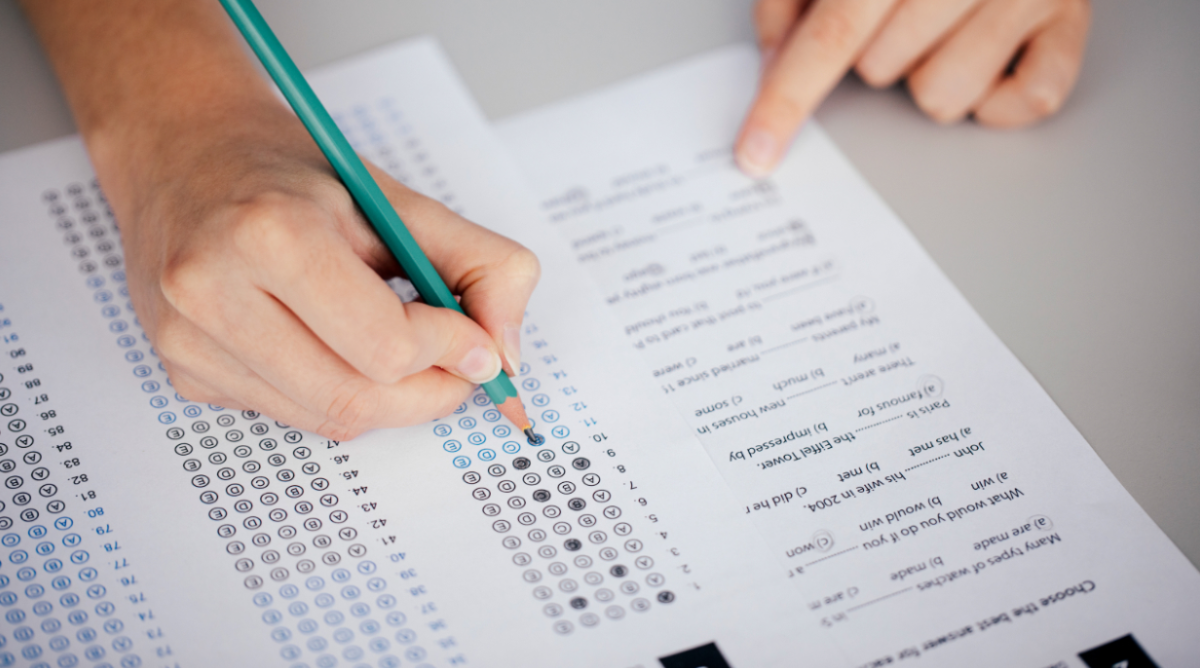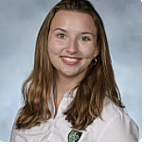Exclusive Interview with ‘Carry On’ Author, Lisa Fenn
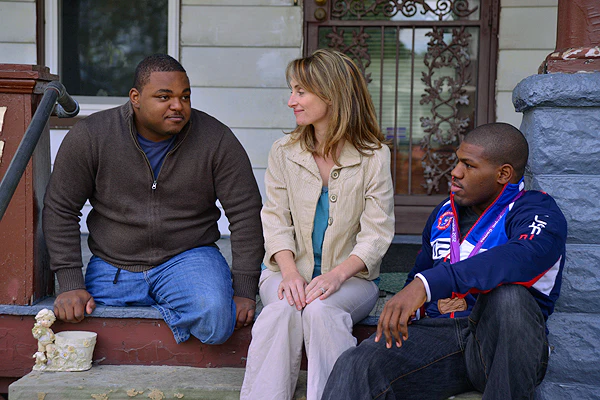
October 21, 2022
Austin Prep’s choice for the summer reading book, Carry On by Lisa Fenn, stuck out to me. I have read many books about poverty and racism, but the way the book talked about the two main characters, Leroy and Dartanyon, really influenced me. The book wasn’t just about how they were impoverished and people of color, but how they were real, living people with flaws, strengths, and feelings. I simply have not experienced writing like this, probably because I am not a big fan of non-fiction, but it was an experience that I wish to relive.
Right off the bat, I knew I wanted to know more. What were Leroy and Dartanyon doing now? Were Fenn’s efforts successful? Etc. I just had to figure out a way to do so. I am the Head of Social Media for The Legend, Austin Prep’s official newspaper, and I had a feeling that other members of the student body had the same questions I did, so I decided to find Lisa Fenn’s email, and ask her for an interview.
What I did not expect was a very fast reply with great enthusiasm. Now my idea was a work in progress: I had to write questions and conduct an interview, which I have never officially done. Since my interviewee preferred to interview by email, I was able to formally present my questions, which led to the hard part: what do I even want to ask?
I came up with a solution: make a Google Form, send it out to the high school students, and get the questions that they want to be answered. In total, I got over 150 replies, most of them serious, with a few that made me laugh. While there were distinct repeats, I did find some new questions I had never thought about, including one from Dr. Driscoll that was truly very helpful. As I wrote my questions, I stayed in touch with Mrs. Choate and Mrs. Putney, who helped me re-read my questions to make sure they were good and appropriate.
I sent the questions to Mrs. Fenn a few weeks ago, and she has now sent me back her answers. I found them all extremely helpful and heart-warming, and I am so excited to share them with everyone at Austin Prep and beyond.
Q: What inspired you to write this book about Leroy and Dartanyon and not any other kids you have/might have helped or other people featured in the ESPN spotlight you produced?
A: Writing this book was not my idea. Literary agents saw our story on ESPN and approached me about writing a book. It was the first time this had happened in my career. For quite some time, I declined the offer. While I was confident in my ability to write television scripts, I had done little memoir writing. I feared writing a bad book. However, Leroy and Dartanyon pushed me to try. At the time, we were frequently invited to share our stories at conferences, schools, and community events. They saw how much their story meant to those who heard it and hoped a book might give them a greater impact. And as for my hesitation, they reminded me that I had been pushing them out of their comfort zones for years and now it was my turn to take a risk.
Q: Here at Austin Prep, many students are interested in pursuing journalism or other forms of careers centered around writing. What advice would you give to students interested in pursuing a career in journalism? What made you want to become an author? Who inspired you to start writing?
A: My grandfather wrote for the New York Times and was later the sports editor of a Cleveland newspaper. Newspapers were a centerpiece of my childhood, waiting on the table each morning, carefully read and critiqued. I was his first grandchild, and when I wrote a poem about a vegetable garden in second grade, my grandfather declared that I had inherited the family writing gene. I burst with pride. In hindsight, of course, this is ridiculous, but it does demonstrate the power of encouragement and affirmation. Throughout my education, I took pride in my writing assignments and gravitated toward writing courses. I enjoyed cracking sentences open, hunting for the perfect adjectives, and analyzing how other writers made descriptive settings come alive. I kept a journal of my favorite turns-of-phrase that I plucked out of articles.
My advice to aspiring writers is always to first and foremost READ. Read classic novels. Read the Pulitzer Prize-winning submissions each year, in all categories. Read experienced journalists from credible publications. There is no shortage of filler content or opinion pieces available online, but it is important to seek out the work of writers who are well-trained in reporting and storytelling. Hold their works in your hands and read them thoughtfully. Consider what worked, what didn’t, and why.
Q: We are focused on service here at Austin Prep and we want to put our gifts to work to help others. Based on your experience with Dartanyon and Leroy, what advice would you give us about helping others?
A: I suppose my first piece of advice would be to not see them as “others.” See them as your partners and your brothers and your sisters in Christ. Secondly, if the opportunity allows, listen to their stories and let those stories be a connecting bridge. Thirdly, educate yourself on the effects of trauma. It can explain a lot of complexities you may encounter. And lastly, have patience as you wait for the change toward which you work.
Q: How do you think experiencing poverty directly as opposed to reading about changed your perspective? How has being called the “turkey lady” changed the way you go about your activism? What do you think society can do to fight the cycle of poverty?
A: Experiencing poverty directly exposed me to several important dynamics. For one, spending time with Leroy’s and Dartanyon’s grandparents, parents and siblings gave me a clear picture of the catastrophic effects of addiction, resulting in long-term health issues, traumatizing behavior, financial disaster, food insecurity, physical abuse, and emotional neglect that ripple through multiple generations. Secondly, the exponential number of things that can sabotage one’s efforts to break the cycle of poverty is mind-numbing. Remember how Dartanyon failed to get to his Paralympic vision exam on a rainy day because his sister’s windshield wipers were broken? Think of how Leroy unknowingly had debt because of bills his mother had put in his name. I have never had to consider my windshield wipers or wonder if my parents abused my social security number. Such circumstances were not variables in my path to success. But everything is a variable for those in poverty. Stability is extremely fragile, with no safety net beneath them nor a network of people to call for help when the unexpected hits.
Regarding being called “turkey lady,” I served in a soup kitchen for the homeless throughout high school. I was shy at that age and afraid to talk to the guests. I left after each visit wondering why they were homeless. How did this happen? Who were these people? But I never asked. My cross-cultural travels during college and my work at ESPN expanded the world for me, giving me the confidence to have conversations with people from all places and positions. Now when serving in various contexts, I am comfortable with the delicacy required to have vulnerable conversations and build relationships beyond those of turkey ladies.
Regarding disrupting the societal cycles of poverty, there are great thinkers in the world who are gifted at wrestling with policy. We need those visionaries. We also need those on the ground elevating stories, building relationships, and loving those in poverty long-term, one person or family at a time. My experiences and skills fit more with the latter category. Both are needed.
Q: Did you ever feel that crossing journalism ethical lines may have been the wrong decision? When did you realize that you may have been crossing the line between journalistic integrity and developing a personal relationship? How did you weigh this decision and ultimately decide that the boys were worth risking the journalistic side of their story?
A: I did not question it early on, as providing them with food and transportation was done during off-filming hours. I did struggle with the issue the moment Dartanyon had his belongings stolen at a powerlifting meet that we were filming. Standing back and filming his pain rather than jumping in to help him was very difficult.
In terms of ethical lines, feature journalism is a little more forgiving than investigative or political journalism, so the risk felt low while filming. The larger conflict of interest came after their 2009 feature aired and viewers wanted to donate money. There were ethical issues and legal ramifications surrounding the network actively fundraising for story subjects. Ultimately, as you know, we decided to cross that line. For me, turning money and opportunities that could lift Leroy and Dartanyon out of poverty felt more unethical to me. And my manager longed for the chance to see a lasting impact come from his work.
Q: Leroy and Dartanyon have worked their way into the hearts and minds of students here at Austin Prep. How are they doing today? What are their lives like? Do they still participate in judo or wrestling? Do they have anything they would like to let us know?
A: The book ends in 2014, with Leroy’s graduation from Collins College. He then took a year off to attend an adaptive driving program in which he learned to drive with hand controls. Driving enabled him to take a job at Electronic Arts (EA Sports) as a video game tester in Baton Rouge, Louisiana. He worked there for five years before taking a similar job back in Phoenix. During the pandemic, he worked from home, and the isolation led to depression. Fortunately, his depression was a catalyst to begin trauma counseling. I had tried to get him into counseling for many years, but he refused up until this point. He connected well with his counselor and began a year of great exploration and healing regarding his childhood, beginning to truly understand the impact of his accident on his family, his coping mechanisms, and his future choices. Still, the isolation of remote work was very difficult for him. He left his job and moved back to Cleveland. He missed his daughter, was worried about his grandmother, and hoped to reconnect with his mother. He has re-enrolled in college, this time pursuing a degree in psychology with aspirations of becoming a mental health counselor.
Dartanyon continued training for the 2016 Paralympic Games in Rio. Leroy and I got to go cheer him on again. He took home a second bronze medal and had a great experience there. He retired in 2018 due to concussions. He began working in a school for teenagers who were incarcerated while working to finish his degree. He too went through a period of depression after leaving judo and trying to figure out his identity apart from sports. He began trauma counseling and has been unpacking all of the loss in his upbringing. He currently works for a nonprofit that offers elective classes in the Denver public schools for at-risk teens. He teaches courses in trauma, resiliency, decisions, and consequences. We laugh about the irony of dragging him through school, only to see him now choose to spend his career in the classroom.
Q: How do you think your privilege impacted the way this story was told? How do you think others can recognize their privilege and work around it?
A: My goal in television feature profiles was always to help subjects tell their own stories in the most meaningful ways possible. If I let them drive their narratives with their interviews, it naturally limits how I think about the story. I tried to enter all of my stories – and most life encounters – with a posture of being long to listen and slow to speak, cognizant of the honor of having been invited into another’s world. I am comfortable exposing my ignorance and learning what I don’t know. That is growth.
In the book writing process, I was careful to have other African-American writers and editors read my manuscript during the editing process to identify blind spots.
Broadly, I think ours was an example of privilege working for good. After viewers watched Leroy’s and Dartanyon’s stories on ESPN in both 2009 and 2012, thousands of people came forward to share their privilege in the forms of cash donations, medical care, educational opportunities, and personal mentoring, forming the web of resources and support that Leroy and Dartanyon had been missing. In my opinion, that reliable network goes a long way to leveling playing fields.
Q: How long did it take you to write Carry On? While writing it, who was your main audience? Was there anything that happened or was filmed that didn’t make it into the book? What was your favorite part?
A: The writing and publication process took a little over two years from start to finish. I began by spending two months in Cleveland conducting interviews. I knew enough about Leroy’s and Dartanyon’s childhoods to tell the condensed television version of their stories, but books require deeper levels of detail. So I tracked down approximately 80 people who knew them in different stages of their lives – family, neighbors, teachers, coaches, paramedics, doctors, bus drivers, and friends. I wanted at least two sources to share each story before including it. I also collected nearly 500 pages of medical records pertaining to Leroy’s accident and the death of Dartanyon’s mother, family debt records, and transcripts from every school each of them attended. Much time was required to cut through the red tape and obtain these documents, and they were a treasure trove of important details.
The second step was to write the literary proposal. The proposal requires a book synopsis, chapter summaries, the first three chapters, and a marketing plan. Knowing an author’s selling reach matters to publishers as much as one’s ability to write.
Once Harper Collins negotiated the rights to our story, I spent six months writing the rest of the book. I worked weekdays and many weekends. My deadline was tight because the publisher wanted to time the release with the September 2016 Olympic Games. Once my editor read the first draft, she sent me notes for revisions. I also gave every person in the book the opportunity to read their sections for accuracy. This was a terrifying exercise for me, but how relieved I was to hear that each person agreed with their portrayal. I had just over 200 drafts before sending the manuscript to print.
Everything that we filmed is in the book.
My favorite parts of the book to write were Leroy’s accident, the loss of Dartanyon’s mother, and our trip to the cemetery at the end. Revisiting these times was emotional for all three of us, and the Holy Spirit’s presence was strong as I wrote those pages.
Q: If you could change anything about Carry On or your journey with Dartanyon or Leroy, would you? Why or why not? What do you think your life would be like if you never met the boys?
A: One area I rethink regularly was the decision to send them to college following their high school graduation. Having gone to private high school myself, I thought all educations were created equal, that if one graduated from any high school, they were, therefore, ready to attend college. Neither Leroy nor Dartanyon were prepared for the academic rigor of college life and their coping mechanisms for adult responsibilities were virtually nonexistent. In a perfect world, had I better understood their deficits, I would have used our funding for private tutoring and trauma counseling first before enrolling in college. But the donated money was given for the purpose of college, the window of opportunity was small, and we jumped in with both feet. When I talk about it with Leroy and Dartnayon now, we all wish we had a do-over in that regard, although they are pretty sure they would have sabotaged anything given to them at that point.
Leroy and Dartanyon have added so much love, laughter, and learning to my life. I can’t imagine my family without them. That said, had I never met them, I hope my life would have been marked by something equally beautiful. Adventure always awaits when we walk with God.
Q: Did your husband have strong emotions towards you inviting the boys into your home and being their “mother figure?” Are Dartanyon and Leroy still close with your family?
A: My husband was in the middle of his medical residency when I met Leroy and Dartanyon. Residents live lives akin to indentured servants, and he was working 100+ hours a week at the hospital. I am not sure he completely understood all that I was doing. Let’s just say he learned a lot when he read a draft of the book! Once he finished residency, however, he began to grow his own relationship with Leroy and Dartanyon. He quickly became a judo fan and took the boys on adventures when they visited. We do all remain close, for which I am most grateful. Family dynamics are complex, and ours certainly could have gone awry in any number of ways.
Q: As Austin Prep is a Catholic, Augustinian school, the incorporation of your faith into the book truly spoke to us. How has your relationship with God changed since publishing Carry On?
A: My pastor recently preached on the classic story of Moses and the burning bush. He said that when Moses first saw the burning bush, he stopped. He didn’t run to the bush but instead, he paused. He took it all in and thought about what to do. Finally, he walked toward it and considered God’s desires. My pastor’s point was to pay thoughtful attention to what and who you see around you. Do not react, but rather consider. That reflection is what allows us to be responsive to what God puts in front of us. I entered all of my stories with my hands open, and try to enter all of my days since, asking God to show me the ways in which He was already at work and where I could partner with Him. Your days are lined with burning bushes. Will you pause and notice one today?
Q: How did you stay motivated to help Dartanyon and Leroy during frustrating times? It must’ve been really difficult, so what kept you on track to stay with them as a mentor? What made you want to continue?
A: A better characterization is that there were times of great confusion for me. I didn’t understand why when presented with a correct, safe, and productive path forward, they would so often choose the disastrous one instead. I was not educated in childhood trauma at the time, so I did not understand the effects their upbringings had on their coping mechanisms, their choices, or their hidden senses of shame that often produced self-sabotaging behaviors. I naively thought we were handing them new lives, as though that would give them a happy, clean slate developmentally. I was ignorant of the destructive baggage they were carrying with them into those new lives. Two certainties helped me stay the course: First, the conviction that God had brought them into my life with purpose. And secondly, I grew to love them as my own children. The idea of walking away from them or God’s plans never entered my mind.

